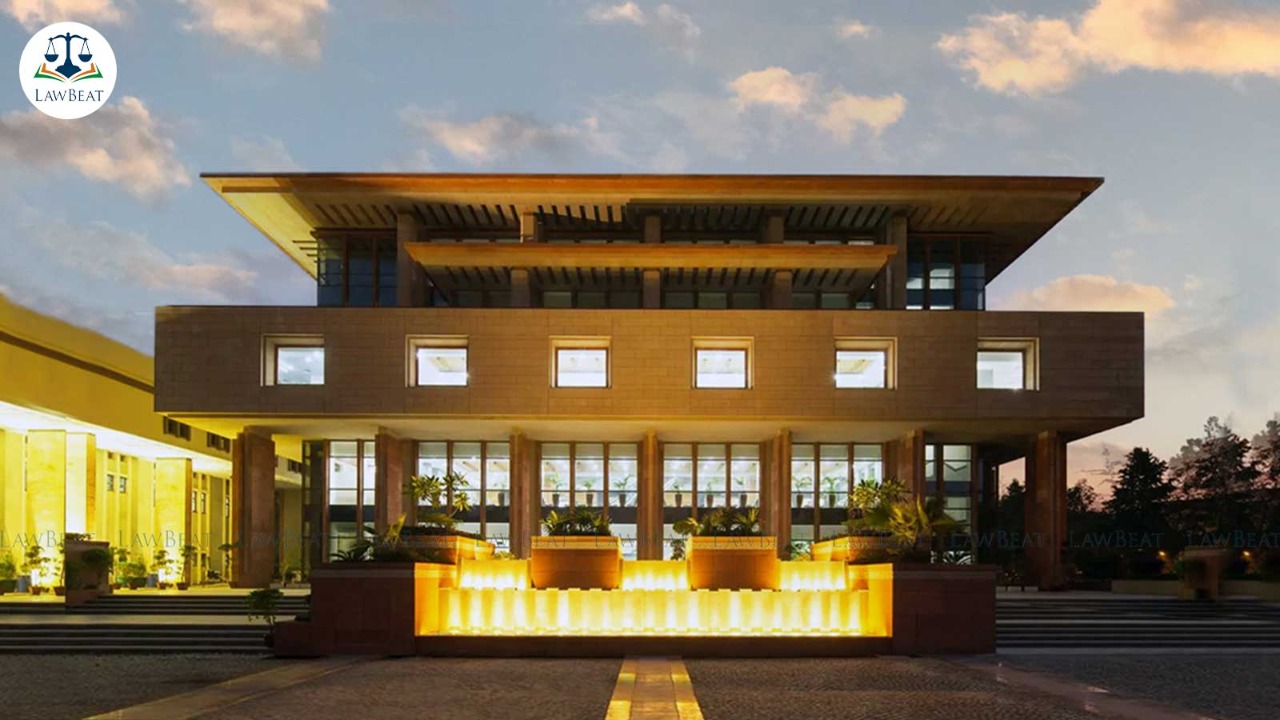Delhi High Court sets aside arbitration award against CRPF

The Delhi High Court has recently set aside an arbitral award directing the Central Reserve Police Force (CRPF) to pay over Rs.50 crores to a private company for breach of an agreement.
The court was dealing with a petition filed by the Director-General of CRPF challenging the award of an arbitral tribunal dated May 31, 2019.
A bench of Justice Vibhu Bakhru stated that while it did not find any fault with the sole arbitrator’s view that the CRPF was indeed in breach of the agreement, and the award suffered from "patent illegality" and it was also in conflict with the public policy of India.
The award also deserved to be set aside considering the fact that there was an inordinate and unexplained delay of nearly 18 months in rendering the same, the bench stated.
“As noted at the outset, the impugned award was rendered after an inordinate and unexplained delay. Further, considering the impugned award on merits, this Court is of the view that the same is vitiated by patent illegality and in conflict with the public policy of India,” stated Justice Bakhru.
The petitioner submitted that the CRPF had floated a tender on July 17, 2008, inviting bids for the supply of 288 Boat Assault Universal Type (BAUT) and 288 50HP Out Board Motor (OBM). On July 17, 2019, a company named Fibroplast Marine entered into an agreement with the CRPF at a consideration of Rs.16.87 crores.
Later in 2009, concerns were raised by the Inspecting Agency under the Directorate General Quality Assurance, Ministry of Defence (CQAE) regarding the pilot samples which were rejected due to discrepancies in some of the materials used.
On April 4, 2011, the respondent company asked the CRPF to re-fix the delivery period of the bulk supplies for six months from the date of the clearance certificate received. However, on the same day, it was informed that only 48 BAUTs and OBMs were now required instead of the earlier 288.
The company then denied the request for a supply of reduced quantities and said it had already made a substantial investment for the execution of the project. A meeting was also held on November 16, 2011, between the parties at the office of Joint Secretary, Ministry of Home Affairs in December 2011, where a proposal was once again made to reduce the supplies. The respondent said it was willing to negotiate the contract terms for a reduced quantity of 180 OBMs on the condition that it may be allowed to supply the balance to any international brand.
Later on November 21, 2011, the company claimed that the CRPF had failed to re-fix the delivery period and did not amend the agreement. Though several communications were sent in this regard, they remained unanswered, after which the company invoked the arbitration clause in the agreement.
Though communications continued between the parties, a petition was filed by the company before the High Court after which by an order dated September 29, 2014, a sole arbitrator was appointed for adjudication of disputes under the aegis of the Delhi International Arbitration Centre (DIAC).
The arbitral award was rendered on May 31, 2019, which was later corrected on August 9, 2019.
Court stated that one of the principal reasons for ensuring that the arbitral award is rendered within a reasonable period is to ensure that the efficacy of oral submissions is not lost.
“A large time gap between hearing of the oral submissions and rendering the decision would, in effect, debilitate the purpose of resorting to arbitration for expeditious adjudication of the disputes. No person can be expected to remember the same after a long period,” stated Justice Bakhru.
It was also noted that the DIAC Rules provide that an arbitral tribunal must render the final award within six months from the date on which it received the file and the time can only be extended up to a further period of six months.
Furthermore, court held that “It is difficult to accept that a period of almost one and a half years is reasonable in the given facts and circumstances of this case”.
Court noted that there are differing views in two previous judgments of the Delhi High Court on whether inordinate and unexplained delay can be the ground for setting aside an award. However, given the circumstances of the case, the delay makes the award amenable to challenge under Section 34(2) (b) (ii) of the Arbitration and Conciliation Act.
Although the tribunal has held in favor of the company on almost all of its claims when it came to quantification of damages.
Justice Bakhru was of the opinion that most of the awards of damages were arbitrary and fell foul of the public policy of India.
Undeniably, the Arbitral Tribunal has wide discretion in awarding interest and although the interest, as awarded, appears to be on a higher side, the same would not warrant any interference by this Court, held Justice Bakhru.
“The total amount that was thus awarded is more than ₹50 crores. This is against an order for the purchase of BAUTs for an aggregate value of Rs.16,87,79,520/-. Although the respondent was awarded complete costs of the inventory along with interest and further costs purportedly incurred therewith, there is no mention in the award for delivery of the manufactured BAUTs to the petitioner,” stated the bench.
Therefore setting aside the order the court said that it will be open for the parties to re-agitate the disputes afresh and further awarded interest at the rate of 18% per annum in favor of Fibroplast Marine Pvt. Ltd.
Case Title: Director Central Reserve Police Force (CRPF) v. Fibroplast Marine Pvt. Ltd.
